The different causes of excess sebum
To combat oily skin and regulate excess sebum, it is necessary to understand the main reason. The causes of excess sebum can be many. To reduce your imperfections, explore the different factors that can explain your hyperseborrhea.
Sebum is an oily substance composed of water and lipids. It is produced by the sebaceous glands of the skin and plays a crucial role in the protection and hydration of the epidermis, in particular via the hydrolipidic film that protects the dermis from external aggressions (UV rays, pollution, etc.).
However, an overproduction of sebum can lead to various skin problems such as acne, blackheads and oily skin. It is called seborrhea in case of excessive sebum secretion, and hyperseboorrhea when the sebaceous glands are hyperactive.
Discover the 5 common causes of excess sebum and how to remedy them to regulate the skin and reduce its imperfections.
1. Hormonal imbalance
Hormones influence sebum production. When the body undergoes hormonal fluctuations, this can cause excessive sebum production and lead to acne pimples, dilated pores, oily skin, etc.
In addition, you may notice a change in the condition of the skin depending on your menstrual cycle. The production of estrogen and testosterone can increase the secretion of sebum and thus generate acne outbreaks, common during the premenstrual phase where androgen hormones (male sex hormones like testosterone) are more numerous.
Hormonal changes affect us throughout life, especially during:
- puberty;
- menstruation;
- the pregnancy;
- the menopause.
Women are more prone to hormonal imbalances. Having regular follow-up with a gynecologist, and monitoring your hormonal balance will help you regulate excess sebum.
Certain pathologies, and even certain drugs, can influence the production of hormones and cause an imbalance of the hormonal system.
To find the cause of your acne or your hyperseborrhea, ideally go up the thread until you find THE reason for your hormonal imbalance. That is why we present you the most common causes of excess sebum.
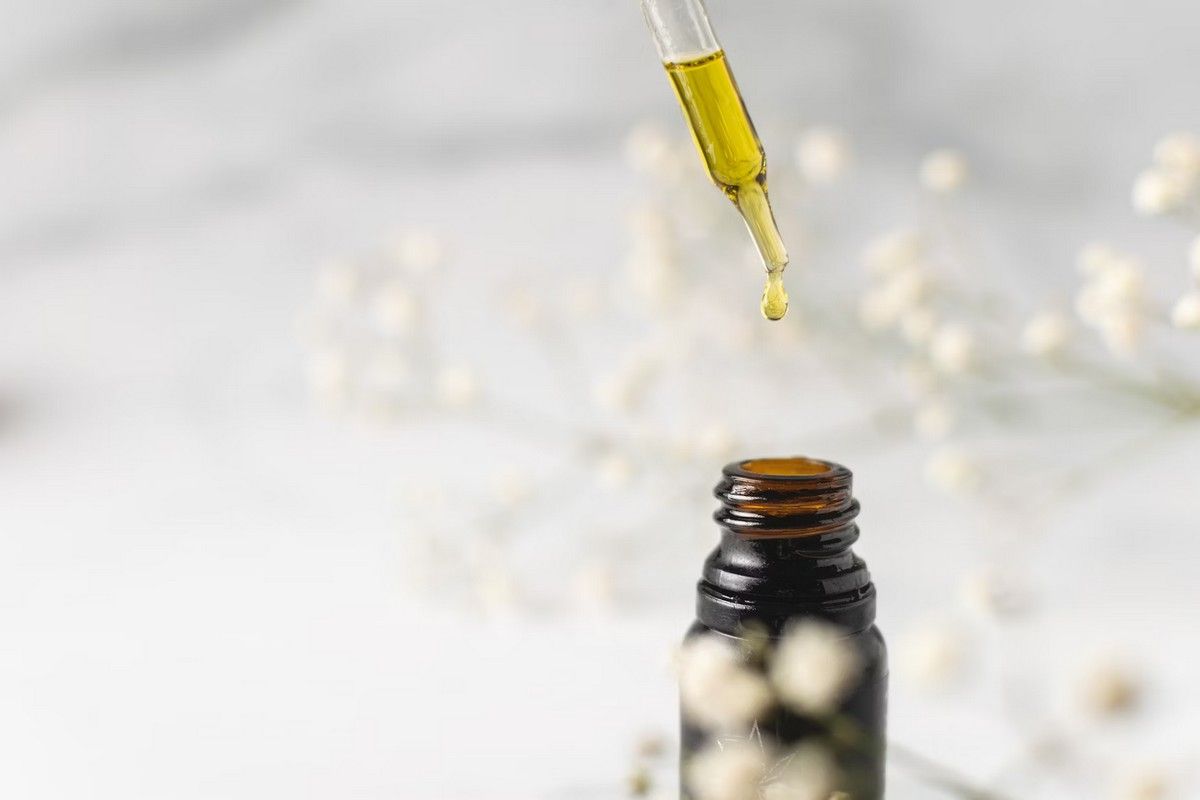
2. Poor nutrition
Diet influences skin condition and sebum production. If you have oily, acne-prone skin, and you eat foods that are too fatty or too sweet, you risk worsening your skin problems.
Consuming processed foods, saturated fats and refined sugars clogs the body, generates toxins, clutters the liver and intestines. These foods can even be endocrine disruptors that unbalance your hormone production.
To combat excess sebum, nutritionists and dermatologists recommend:
- avoid foods with a high glycemic index (sweets, chocolate bars, pastries, etc.);
- avoid dairy products (cheese, yogurt, milk, butter, etc.), as some scientific studies have shown a link between milk and acne (it would increase testosterone production and act directly on the sebaceous glands);
- consume fruits and vegetables in large quantities (especially green vegetables, good for the beauty of the skin);
- to drink a lot of water.
3. Environmental Factors
A third cause of excess sebum can be the environment in which you live. Indeed, pollution, climate, but also stress can impact the hormonal, digestive and skin system.
Scientific research shows a link between stress and acne. An anxious person is more likely to unbalance their skin flora.
Climate can also increase sebum production, especially hot and humid environments that also promote bacterial proliferation.
As for pollution, it can clog the pores, causing comedones that can then become pustules and nodules in case of skin inflammation. Remember to clean your skin well morning and evening with a purifying cleansing gel to remove all impurities.
4. Inappropriate beauty products
The use of products unsuitable for your skin type can unbalance sebum secretion. Always apply gentle dermo cosmetics that are tailored to your needs. Avoid:
- Aggressive face cleansers (the more dry and stripped the skin and the more sebum it produces to protect itself)
- to skip hydration, because deeply moisturizing your skin is essential to strengthen the skin barrier and regulate excess sebum.
We recommend Regulator products for oily skin, specially designed to rebalance sebum production. A complete skincare routine for seborrhea is available with:
- a Purifying Micellar Solution for makeup removal;
- A Purifying Cleansing Gel to remove makeup residues and impurities;
- A Regulating Gel that can serve as an anti-acne serum to regulate areas of shine, mattify the complexion and regulate sebum production;
- a Mattifying Eclat Base to apply in the morning before applying makeup to fix the foundation and powder and avoid shine;
- A Dermocosmetic Exfoliating Soap for the body, ideal when you have a generalized oily skin. The sebaceous glands are on the face, but also on the chest, back, under the scalp…
Don’t forget to apply a moisturizer or bet on moisturizing ingredients like aloe vera, hyaluronic acid, glycerin…
Exfoliating your skin twice a week can also help regenerate the epidermis and erase dead cells. In case of combination skin, prefer less regular scrubs to not dry or irritate the skin.
You can also apply an exfoliating, mattifying or purifying facial mask for combination to oily skin. Clay is especially useful to protect the skin surface, tighten pores, refine skin texture and calm redness and skin imperfections.
A regular beauty routine will help you limit inflammatory reactions as well as the appearance of pimples. You can also call on a dermatologist to find the right care for your oily skin.
5. Genetic Factors
La génétique est une cause majeure dans la quantité de sébum que la peau produit. Si vos parents ont une peau grasse ou sont sujets à l’acné, il est possible que vous ayez également une production accrue de sébum et donc une peau grasse.
Malheureusement, vous ne pourrez pas faire grand-chose pour la génétique. Vous pouvez limiter la production de sébum en adoptant une bonne hygiène de vie ainsi que des soins du visage et du corps adaptés aux peaux séborrhéiques.
Vous connaissez désormais les 5 causes de l’excès de sébum les plus courantes. A vous de mener votre enquête pour comprendre votre séborrhée et trouver des solutions adaptées à votre peau grasse.
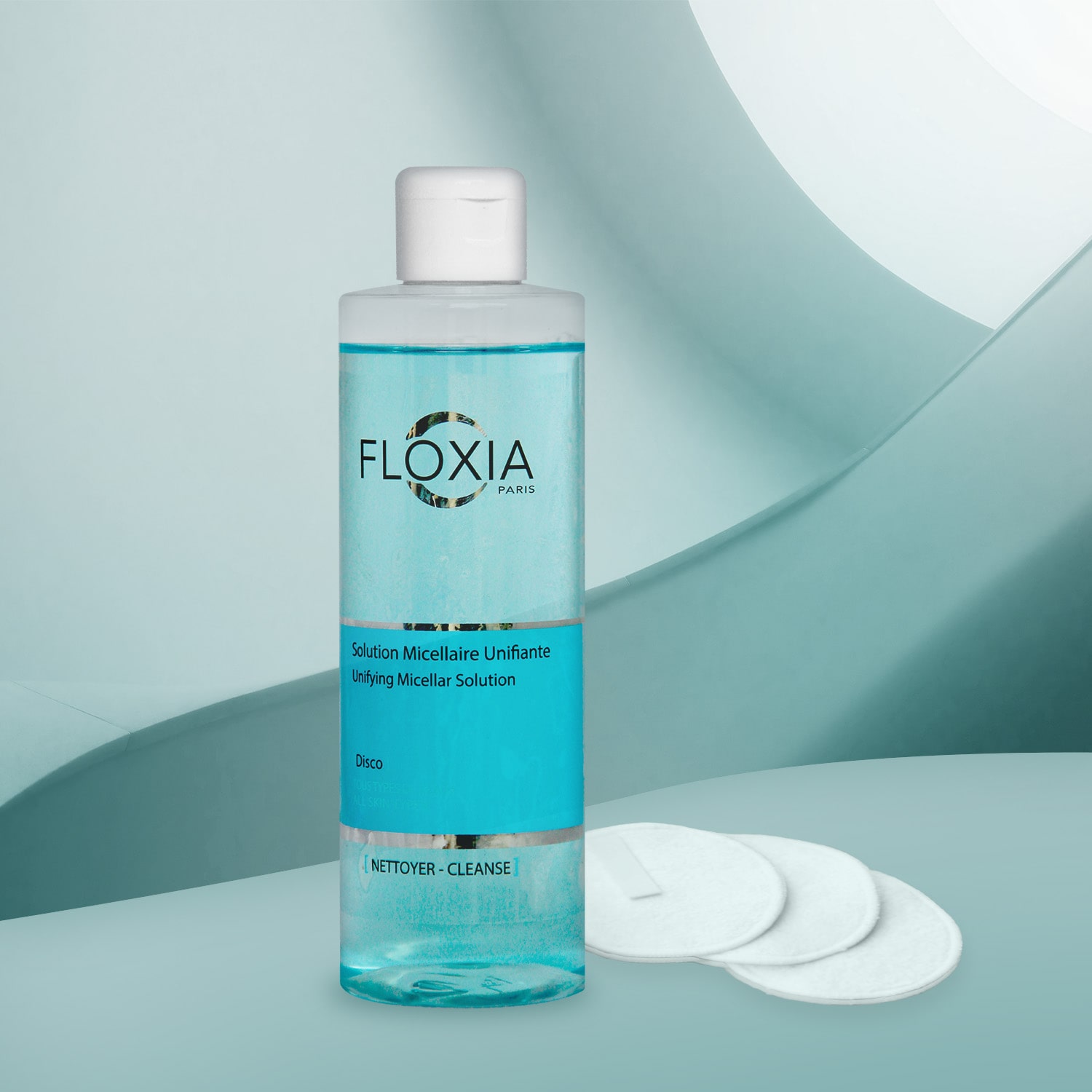
First, consider removing your face makeup with unifying micellar water that helps remove dead skin and capture all impurities.
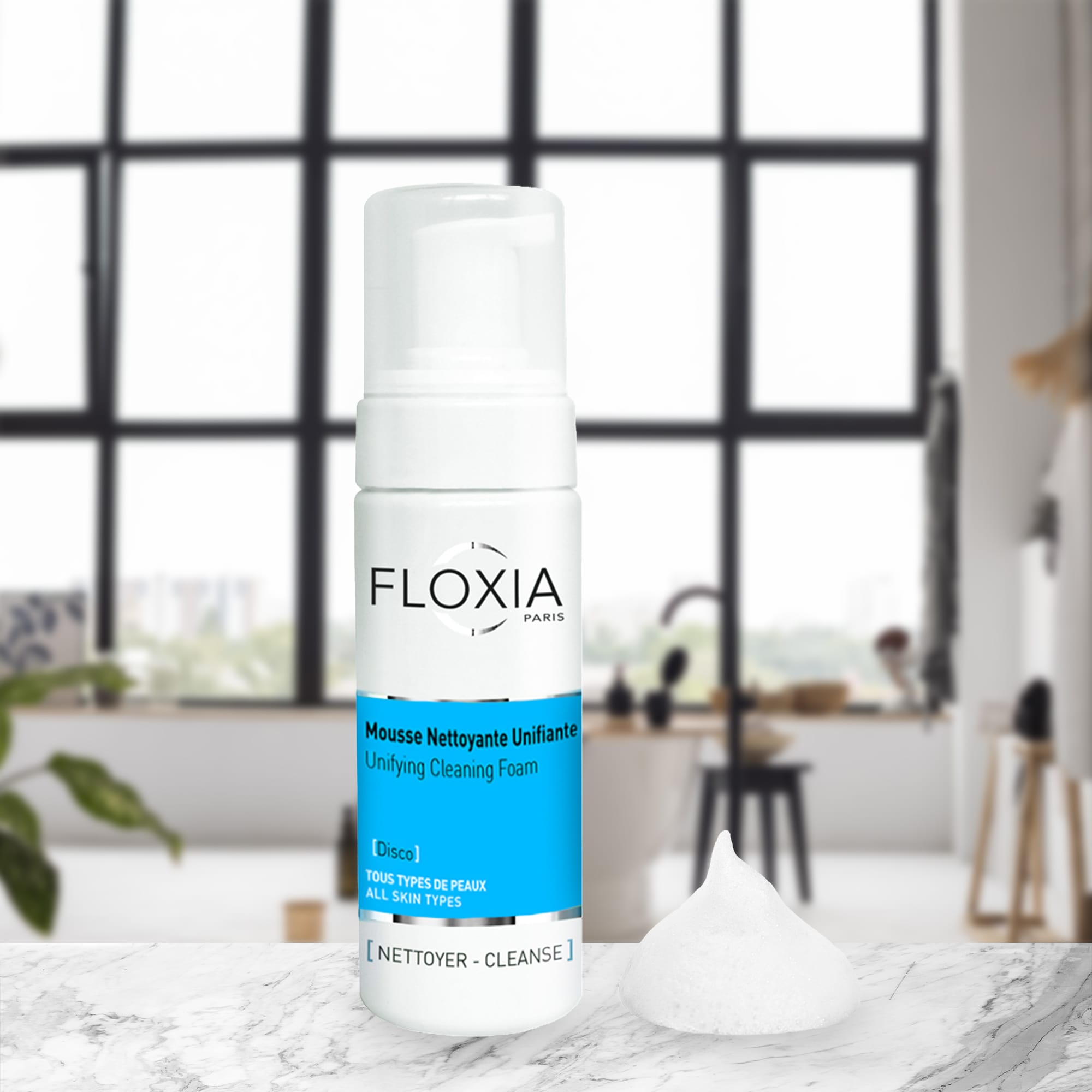
Then proceed to facial cleansing with a unifying cleansing foam that limits skin dryness and participates in skin renewal. Its active ingredients slow down the aging of the skin and fight against the appearance of brown spots.
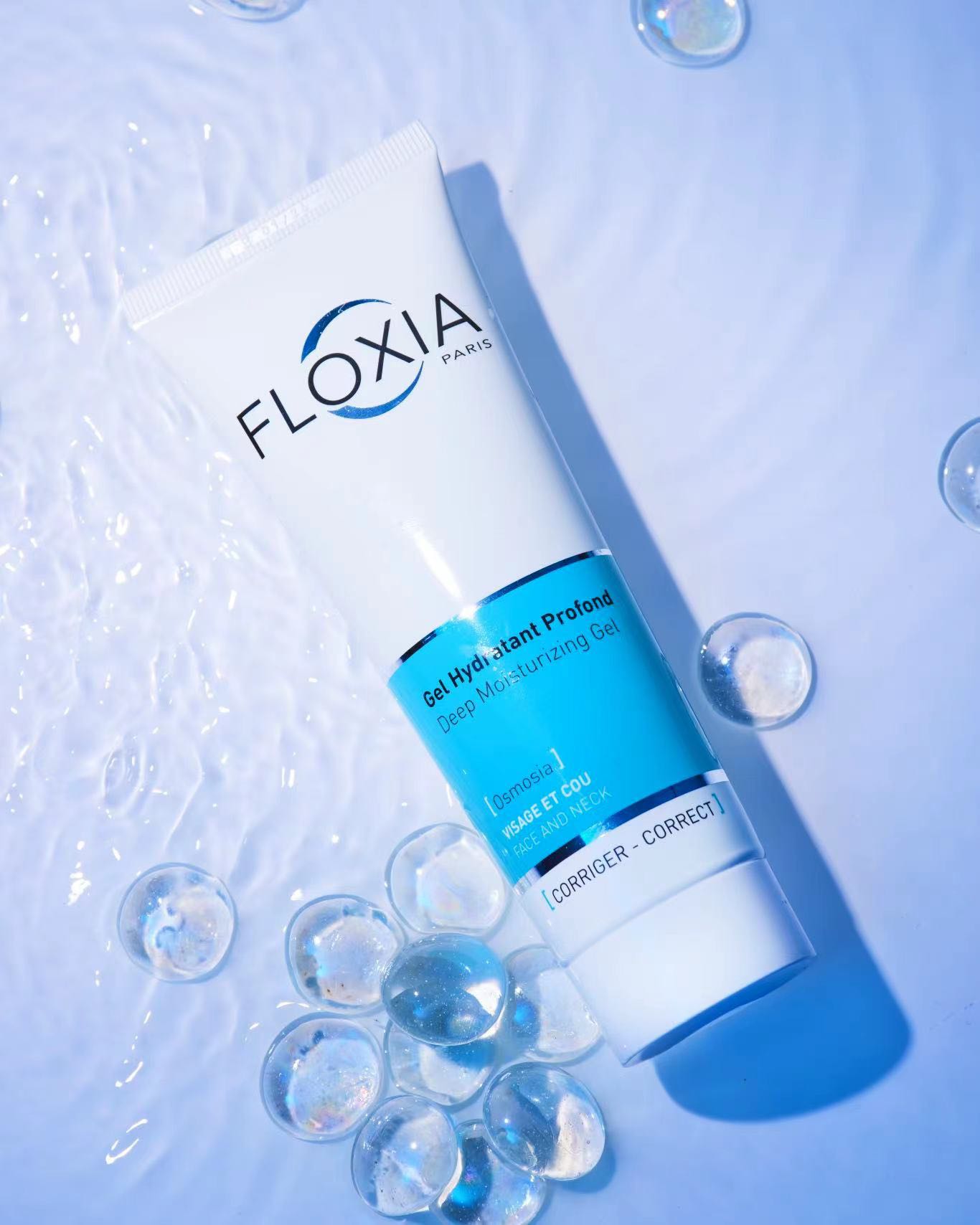
Moisturize your skin with the hydrating gel for intense hydration throughout the day. Apply a moisturizer morning and evening to strengthen the hydrolipidic film of the skin and make the skin barrier more resistant to external aggressions.
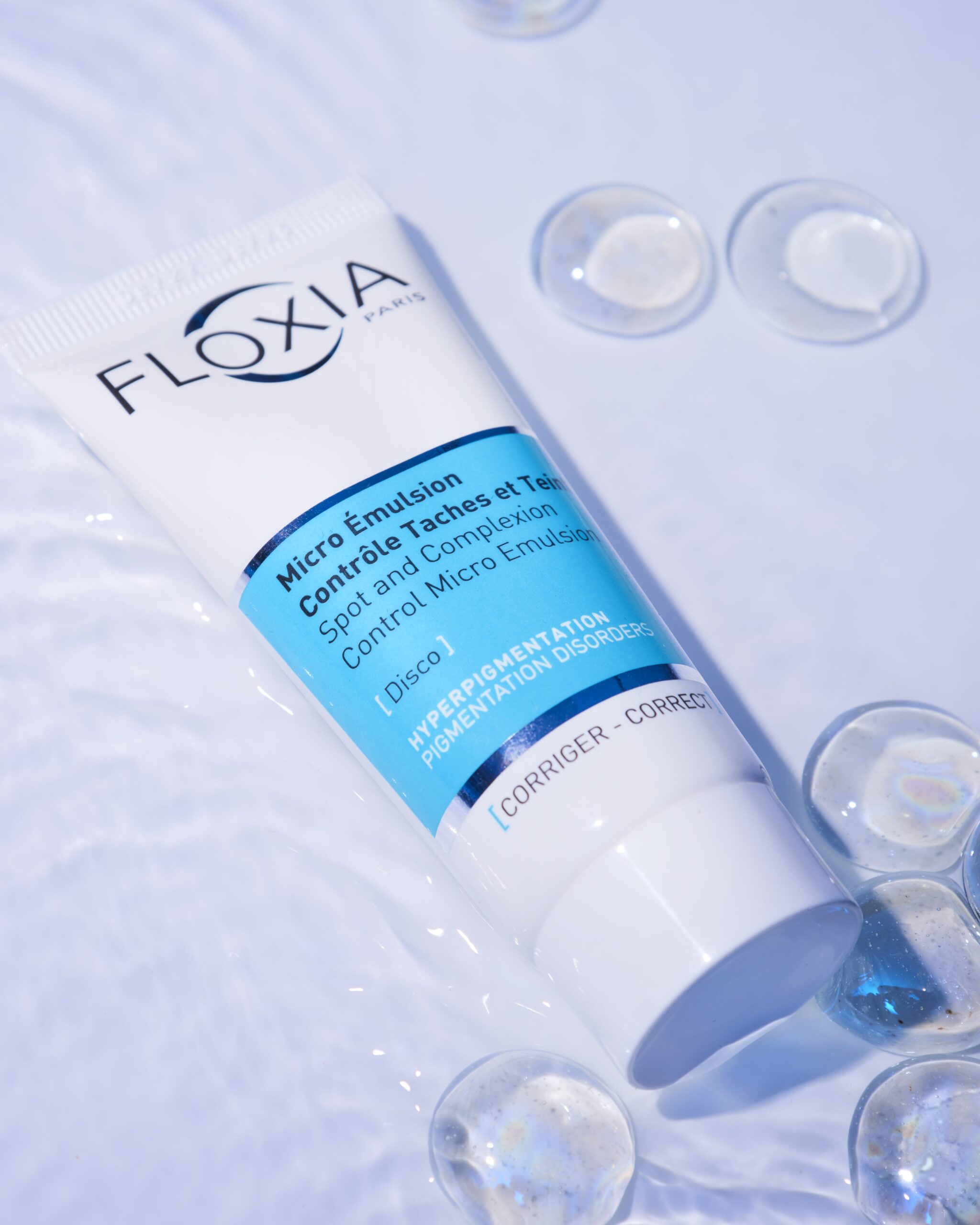
Apply the brightening cream control spots and complexion to reduce the appearance of sun spots and regain a unified complexion. This treatment consists of an active ingredient that blocks the synthesis of melanin to slow down hyperpigmentation. It has a correcting and brightening effect.
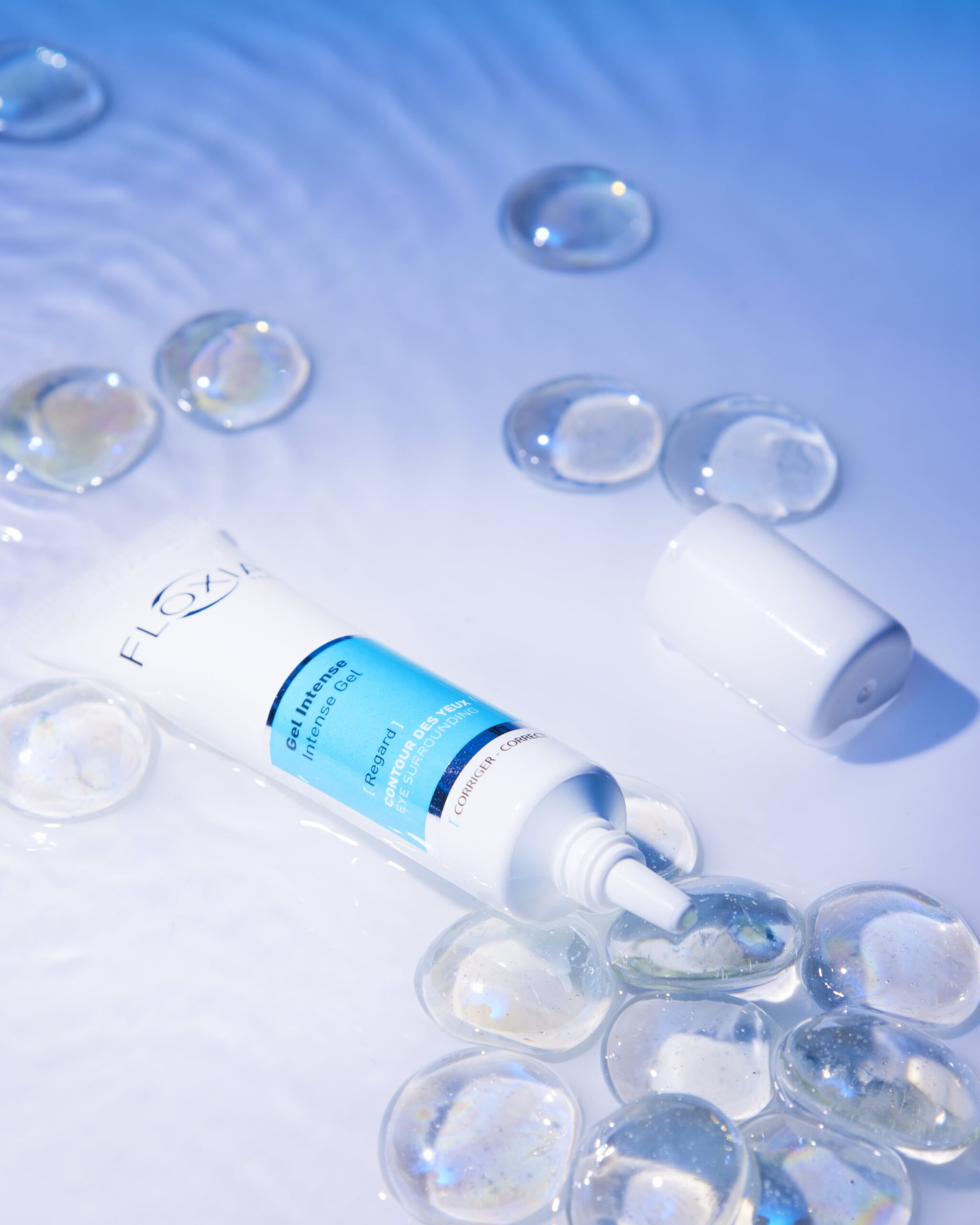
Take care of your eye contour with the intense gel concealer and anti-poches. Fresh and invigorating, it helps moisturize and repair the eye area to illuminate the eye.

